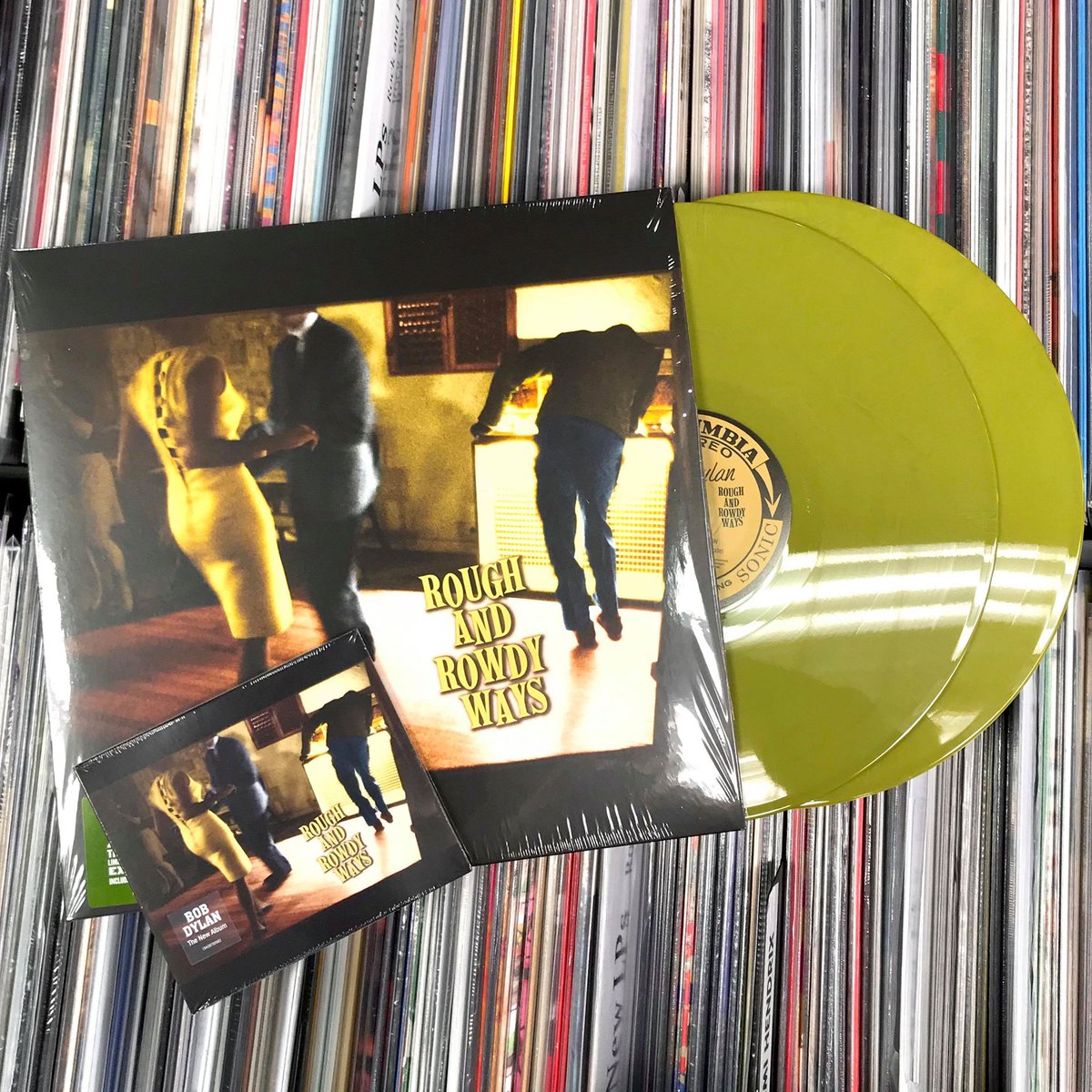


“Goodbye Jimmy Reed” – a rowdy 12-bar number – has the singer traveling to the underworld to pay homage to the titular bluesman (who died in 1976) on “Mother of Muses,” Dylan asks for baptism, and sighs “ I’ve already outlived my life by far.” On “Crossing the Rubicon” “ the leaves are gone” and the river of the title, but for the rhythm that matches the percussion’s shuffle, could be interchanged with that other iconic waterway – the Styx – and keep the meaning more or less intact. On that first track, Dylan observes that “ the flowers are dying like all things do.” Death not only haunts Dylan’s every step, but sleeps with his wife on “Black Rider.” The band creeps along chord by chord like Dylan’s assailant. The 79-year-old Dylan is preoccupied not with death in the abstract, but in the specific – that is, his own – while still wrapping it in poetry. This duality, this reckoning with both his impossible life and inevitable death, permeates the record. “ I sleep with life and death in the same bed,” he sings. But this particular reference serves especially as a signal to the listener of what kind of music they are going to hear. Such references are scattered throughout the album and indeed his entire discography. Dylan is a Nobel laureate, after all, and anyway among the most literate of popular songwriters. “ I sing songs of experience, like William Blake, Dylan croons on opening track “I Contain Multitudes” over a bed of shifting, reverberating guitars that peak out between his vocal phrasings. The poem is called “The Voice of the Ancient Bard.” Far from 1789 – but perhaps not so far – we are presented with the return of our own ancient bard, Bob Dylan, who has released his first album of original material in eight years, Rough and Rowdy Ways. Written in 1789, the first year of the French Revolution, the work presages a shift in Blake’s poetics toward the prophetic and apocalyptic (in the older sense of the word, revelation) style of his mature period. The whole work is contained in this final poem. Here, the voice of experience passes on knowledge to the innocent.
Rough and rowdy ways full#
Newly dawned, it’s a symbol of hope, truth and reason which the speaker contrasts with the “endless maze” of folly, full of “tangled roots.” But then the poem turns, closing with a shadowy warning: “How many have fallen there!/ They stumble all night over bones of the dead/ And feel they know not what but care / And wish to lead others when they should be led.” The poem unites the two halves of the bifurcated collection. The final poem in William Blake’s Songs of Innocence and of Experience opens by addressing a “youth of delight” to whom the speaker shows the morning.


 0 kommentar(er)
0 kommentar(er)
